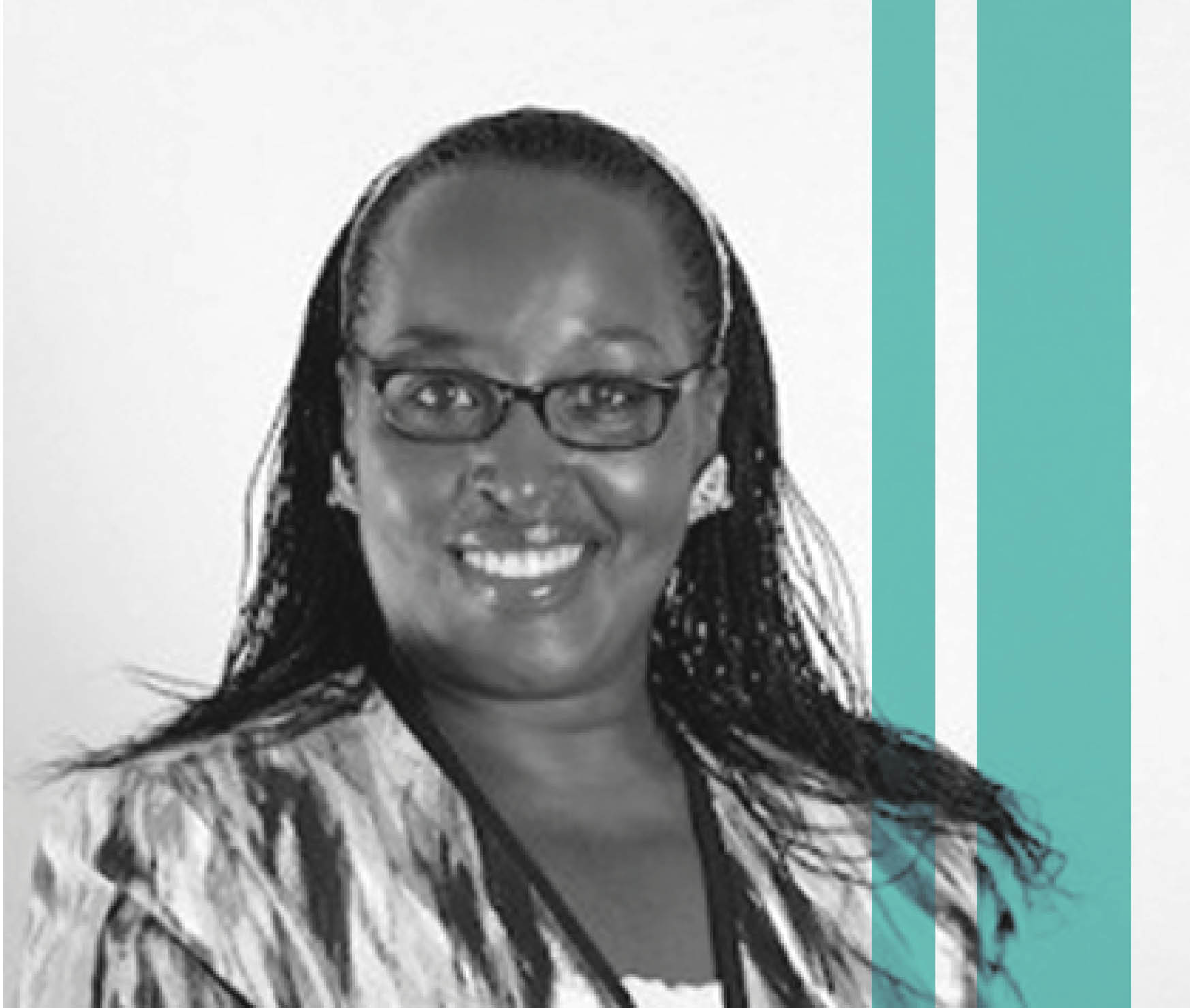Interview with Felicite Rwemarika
President of the Global Observatory for Gender Equality & Sport shares her views on Gender Equality and creating change in sport

Felicite Rwemarika
President of the Global Observatory for Gender Equality & Sport
Background in Sport and Gender Equality Work
I’m the founder and legal representative of a non-government organization in Rwanda called AKWOS. This organization started in 1998 with the mission of empowering women through sports and to use sports for empowerment of women’s rights, skills, and to fight the cultural norms and beliefs that women should never participate in sports; that the culture of Rwandan women is to dance and sing.
Bringing out sports was very difficult. To change people’s mindset, to change parents’ mindset, even women themselves, this was something that was not easy: because they believed that even if women went to do sports they could use their hands. Volleyball, basketball, maybe, but not football. There’s no random woman who should raise her foot to kick the ball.
I wanted to create a new idea, I wanted to create change, so I just decided I’m going to focus on football, so that football being the lead sport being the common food that more people believe in. This is how I started with football, it was not something easy, was it? It was something very difficult.
On Struggles, Slow Changes and Shifts
From 1998, it took me about 3 years just to get 30 players. In the year 2000 there was a system change. They started allowing girls to go for physical education in schools. Before, they would tell them, “you leave the classroom when others are going for physical education, you just clean the classroom or go back home to help your mothers.” That was the mentality. But from that time the system changed, and they allowed young girls to also participate in football.
We were accepted into the National Federation in 2007. You can imagine this was 10 years, in between a lot of frustrations, a lot of names that were created. That this woman is traumatized. This woman is not serious. Does she have a family? It was a lot of frustration, but at least we made it. I became the president of that Commission for ten years.
That was when we started the National Champions League for Ladies; Girls and Women. We started having these international referees, women, coaches who were coming up during my mandate. Now I can say we have so many women participating in football. We have clubs in schools, and we have different clubs in communities, so it is so exciting now, it is the most exciting part of that struggle.
National and International Leadership Roles
I was elected to be an advisor of the Rwanda National Olympic Committee. After four years, I was became the 1st Vice President. In 2016, I received an award from the International Olympic Committee for the African Continent, then in 2018, I was elected as an IOC member. So that’s something that shows that any change will meet constraints, but you don’t have to give up. You don’t have to. You have to be patient.
With the Global Observatory, it is a continuation of my expertise. It’s a continuation of what I went through for the last decades which can really add more initiative and more impact to the organization.
The Biggest Barriers and Challenges to Achieve Gender Equality in Sport
The biggest challenge is nothing but culture norms. That’s number one. Once we get rid of those norms worldwide, that’s that. We need to make sure that the pay is equal, whatever they pay men, they should also pay women so that we may all have those rights. I don’t think it’s something easy: it’s a process and we need to have people who come out and be activists. Otherwise, nobody will speak if you wait, nobody will listen.
On Collaboration, Sharing Learning, and Data for Policy And Advocacy
Advancing gender equality requires a strategic approach. We need tangible data that can help with policy making and help the many people fighting for gender equality. Any change will meet constraints, but you don’t have to give up. We should collaborate with stakeholders; help align their interests and ensure that everyone is working towards a common goal. We need people to speak out in government, federations, and communities. When we share success stories like I’m doing now it challenges culture, norms and social biases by emphasizing that sports and leadership are for everyone regardless of any gender.
A Message for All Women and Girls that Aspire to Excel in Sports
Young girls and women need to believe in themselves because their dreams are valid and their abilities are limitless. We need to trust and they need to trust their potential to achieve their greatness. I know on the way people discourage you. They were saying “if you go in sports you’re going to grow muscles. You’ll not get married.” So many people discourage you, but you have to stand firm and know you are right.
On Being a Role Model
In the over twenty years that I’ve been here, if I’d given up I wouldn’t be where I am now, and I wouldn’t be a role model to many. We have to lead with courage: we need to inspire others, to make sure that we are successful in sports and pave the way for the future generations. I really struggled for this and nobody was understanding this, but now, as I as I’m speaking now, it’s a red carpet, knowing you’re a part of a larger movement using sports for impact.
